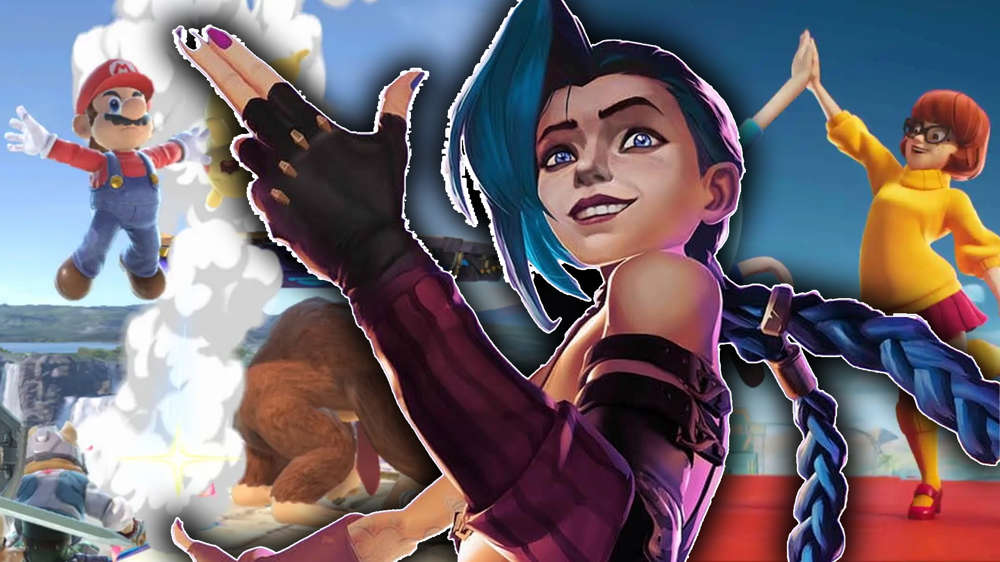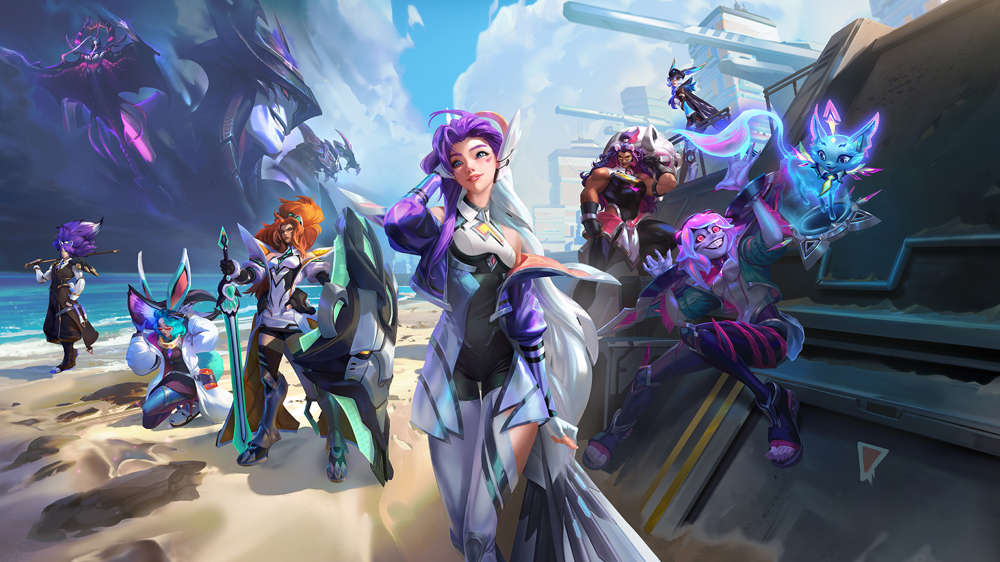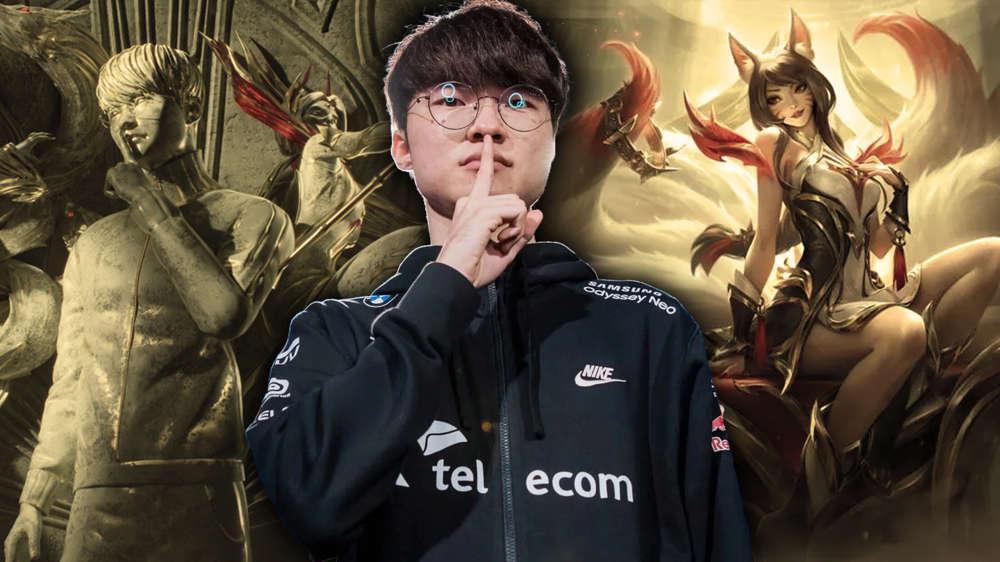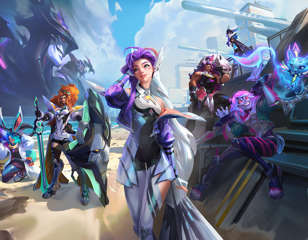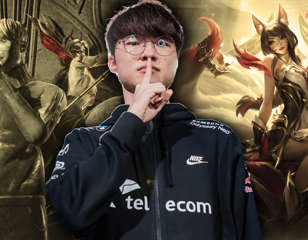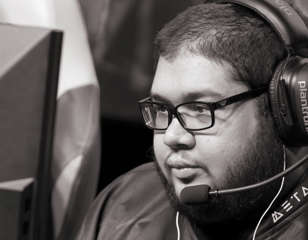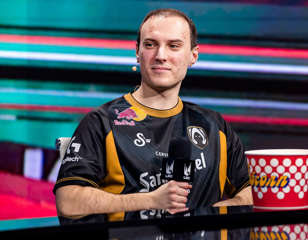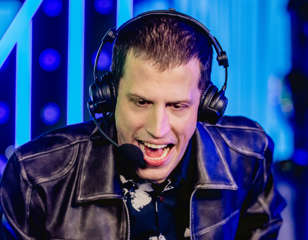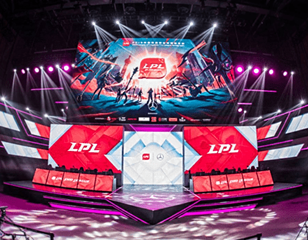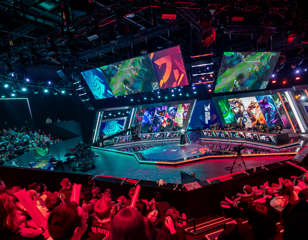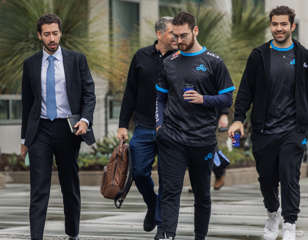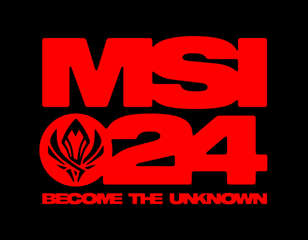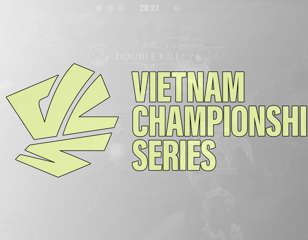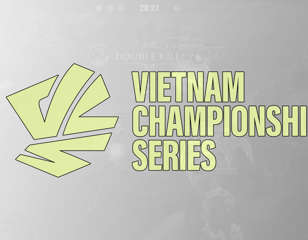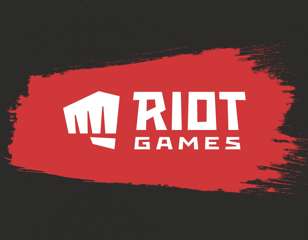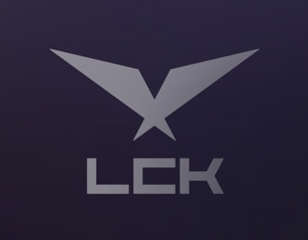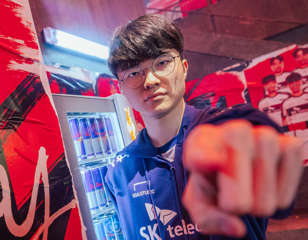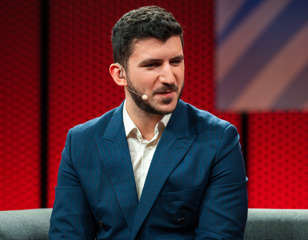A Take As Old As Time - A Dive Into NA LoL
Confronting North America’s infrastructural failures on a global stage.

Katie Gripne
28th Oct 2020 19:00
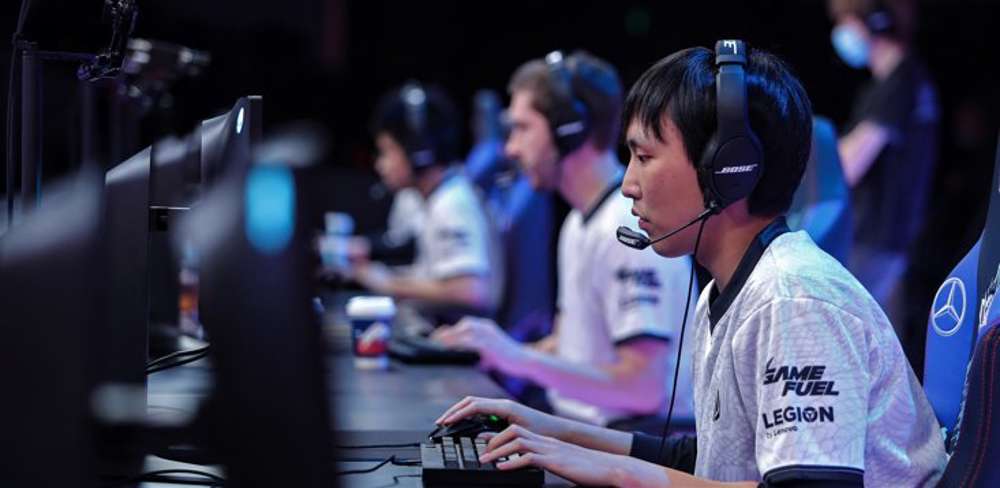
"NA Bad Lul" is a time-honoured burn, a classic tale that deserves to be told in context.
Let's start in the 1970s and 1980s, where post-war South Korea took a firm step into the future with a deliberate push to develop a nationwide telephone service.
Their dedication to digital infrastructure grew over the decades into a dominant global presence. Lighting-fast internet and a focus on technological innovation kept Korean citizens connected to one another, and outpacing the rest of the world.
North America, however, has not been as keen to keep up. Many residents of rural areas are simply unable to gain adequate internet access, while those in densely populated cities are priced out of access due to monopolies, an issue that has already been addressed by South Korea’s updated fair trade regulations.
According to the United State’s Federal Communications Department, as of 2018, “almost 20 million Americans still do not have access to broadband…The rural divide is as pronounced as ever with one in four rural Americans lacking access to high-speed broadband." The same report also concludes that only 54.4% of Americans have access to more than one option for an internet provider.
- Read More - North America's Performance At Worlds
But what do these policies have to do with anything?
The race for global glory in esports is determined as much by a region’s politics as it is by its players.
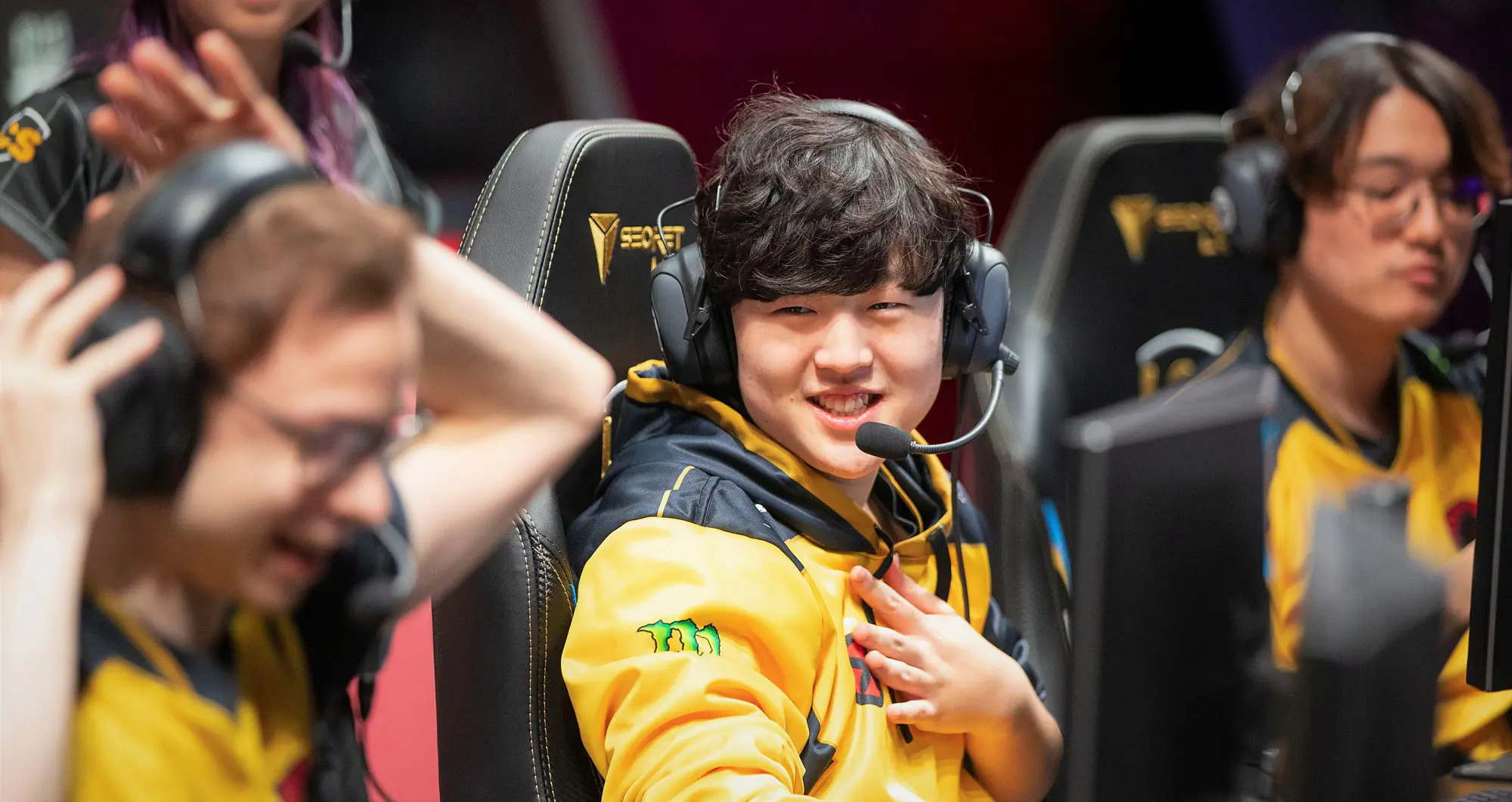
North America is the punchline of many-an esports copypasta, but perhaps most of all in League of Legends where North America has never taken home the Worlds trophy; the region has only ever climbed as high as third place.
With more than 75% of the LCS Summer Split’s eligible players holding NA residency, the old outcry over player imports has begun to die down. Critics hold less anger over international rosters and instead dismiss the region entirely, unwilling to confront the cultural and political issues that impact it.
Simply put, North America isn’t inherently bad. The region does not have access to the full breadth of talent it houses because much of that talent lacks access to the bare minimums for competitive gaming, like adequate PCs and WiFi.
The region offers very few low-cost gaming options. The initial investment in a single gaming PC might average out to around $1,000 USD, quite a bit of money in contrast to monthly U.S. and Canadian housing costs, which average out to around $1,500 USD. It is no surprise that families cannot afford to raise their children with machines able to run games like League of Legends. Even with a PC, North America’s patchwork infrastructure leaves many citizens in rural areas without access to WiFi, or priced out in more populated areas.
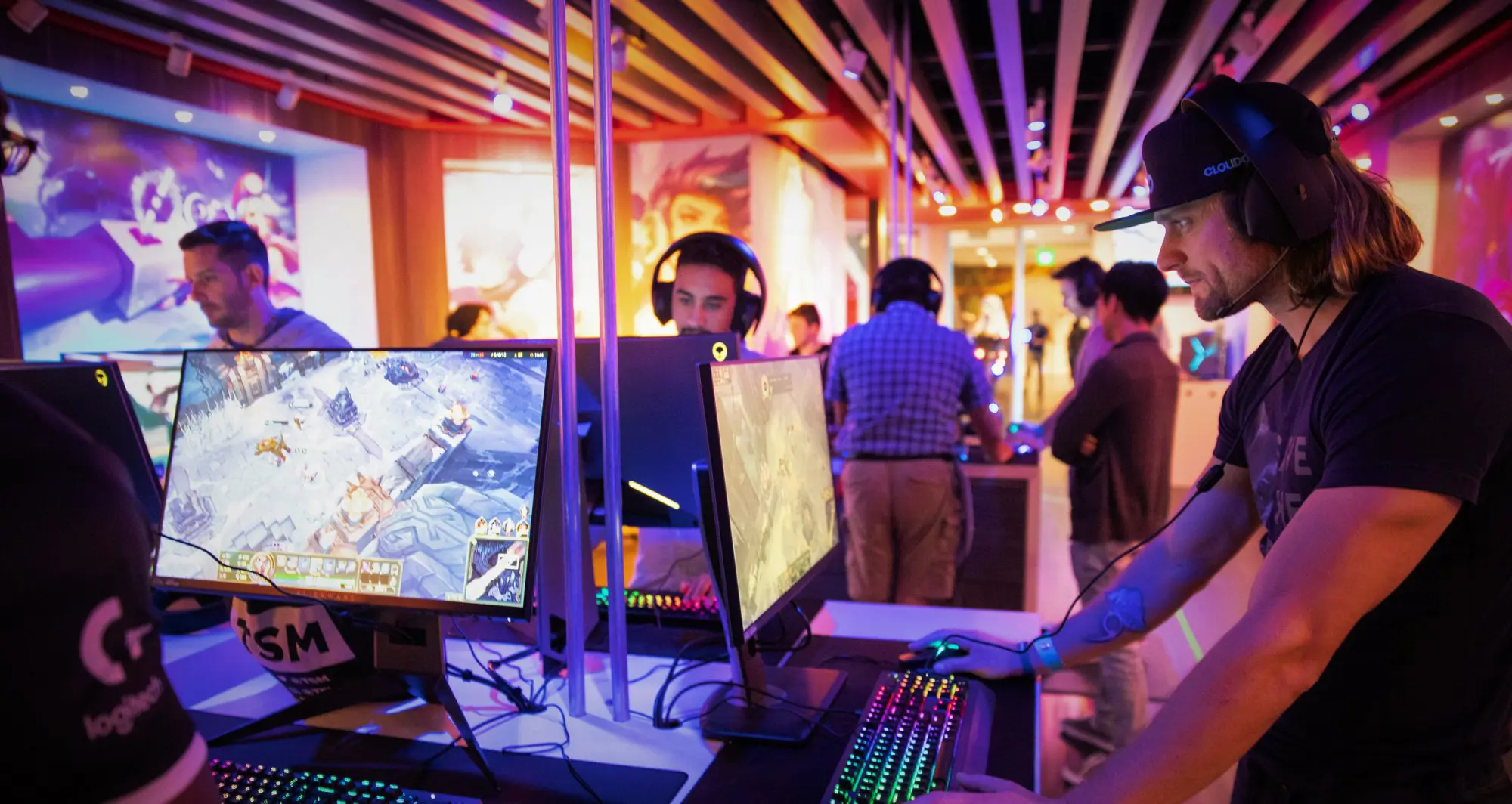
PC Bangs (Korean LAN gaming centres), which cost about $0.85 USD/hr in Korea, don’t line the streets of North American cities, save for larger metropolises like Toronto or New York City. Prices in New York average out to about $7 USD/hr for access to a PC, a far cry from Korea’s more affordable rate and broader access.
One of the most decorated League players of all time, Lee "Faker" Sang-hyeok, recounted in an interview that, despite growing up on National Welfare, “[he] played games as much as [he] wanted... if [he] wanted to go to the PC bang [he] would save up [his] bus fare.”
It is not unfair to say that a story like Faker’s would be nearly impossible in NA; there is no penny-pinching one’s way past the barriers of the region.
Despite North America being flush with gaming orgs and celebrity investments, it lacks much of the basic framework required to raise a native playerbase. Korea produces legendary talent like Faker because more people from different economic strata have sustainable access to gaming.
How many players like Faker has NA missed out on, how many passionate potential prodigies unable to walk the same path to pro that he did?
North America shows the cracks in the mythos of esports as a meritocracy, showing a reality where not everyone has a genuine shot at making it. The middle-middle class and above, those in densely populated areas with a good chunk of pocket change - the list of people who can even attempt the journey to the top is incredibly short.
The clock ticks on North America, the thin veneer of capital and branding wearing away split after split as the region...waits.
Waits for what? For political change and policy to catch up, for the next break-out superstar to reinvigorate a sleepy scene, or perhaps it waits for you, dear Reddit critic, to do something - anything - to genuinely help a struggling region. Although change can start in message boards, it needs to grow into action, whether that be doing unbiased research or engaging with impactful legislation.
"NA Bad Lul" is a hot take growing colder by the day, and the Reddit karma you collect matters little while the legacies you might've loved best, slip away.
Images via Riot Games

About The Author
Katie Gripne
Katie Gripne was a freelance contributor to GGRecon.
